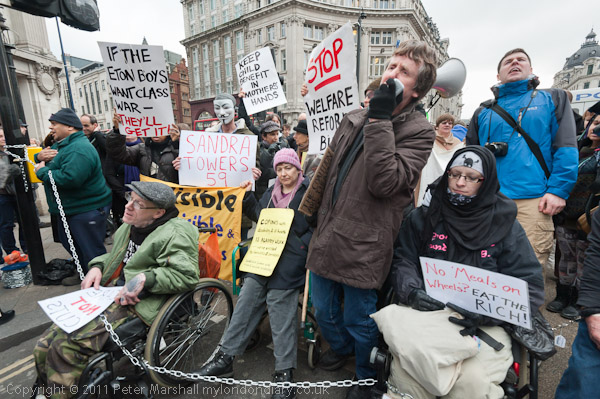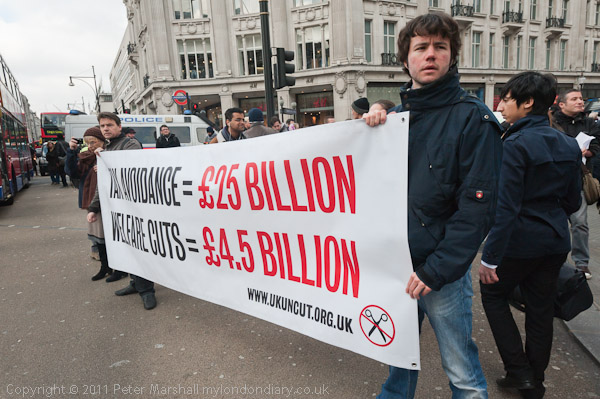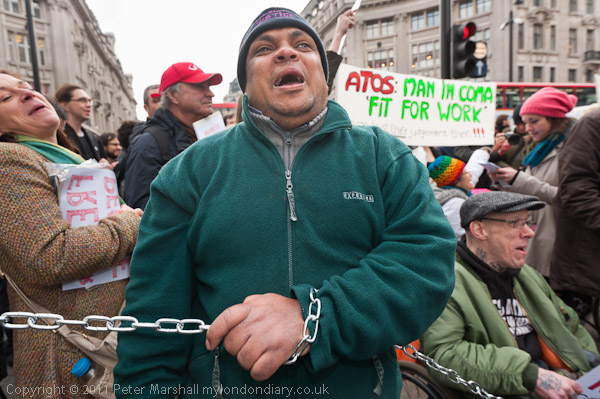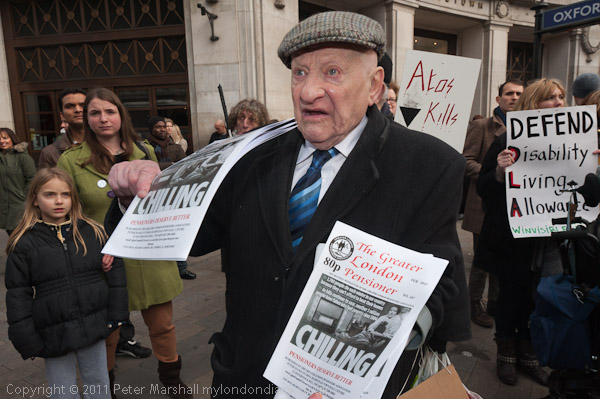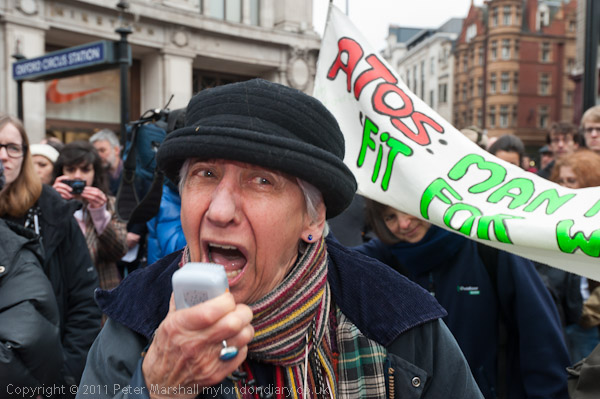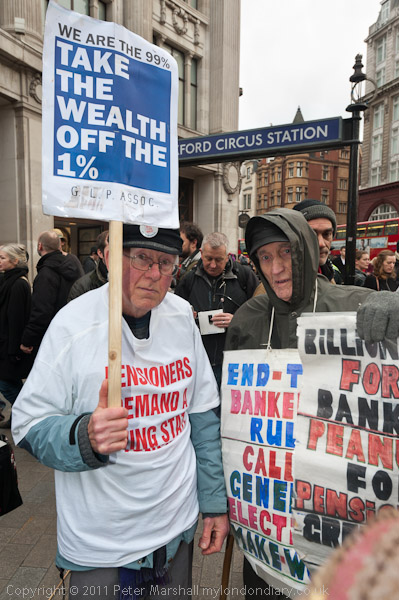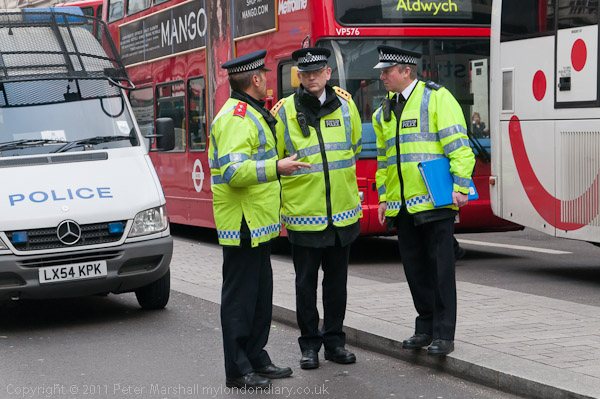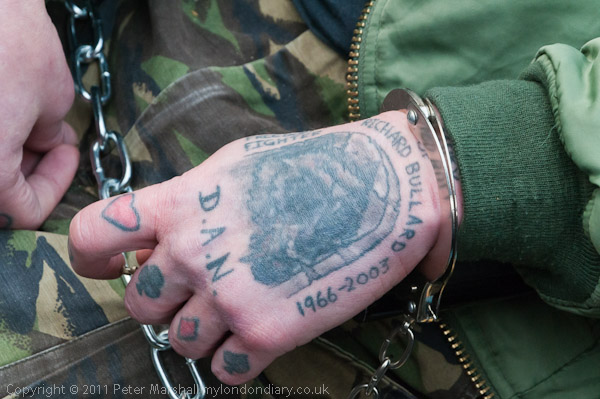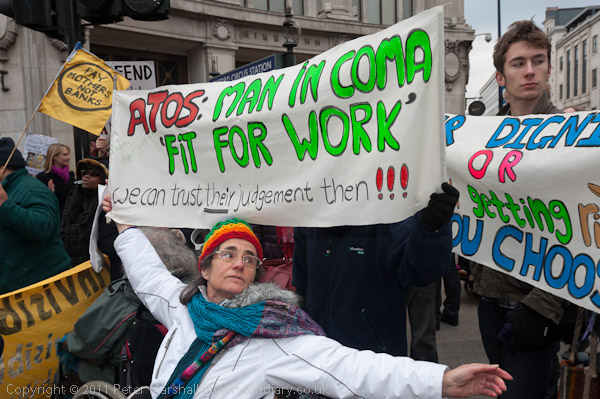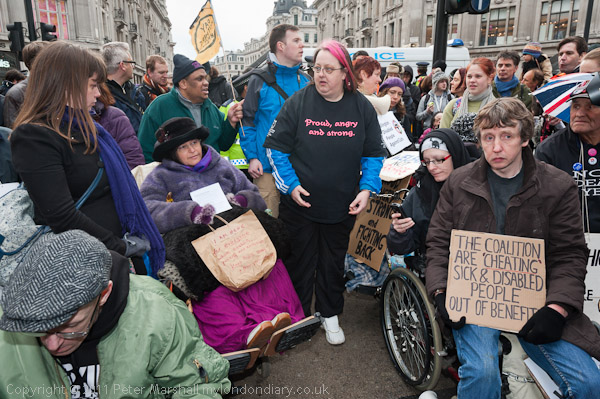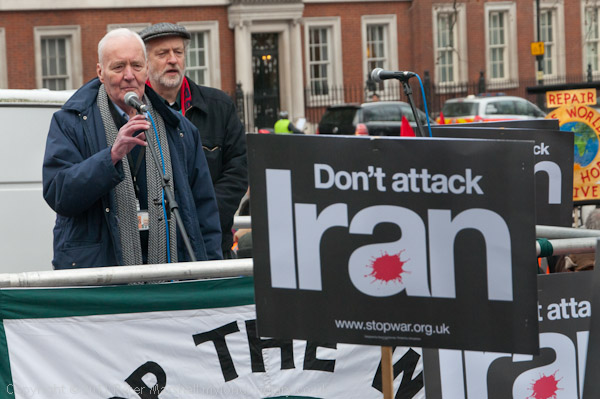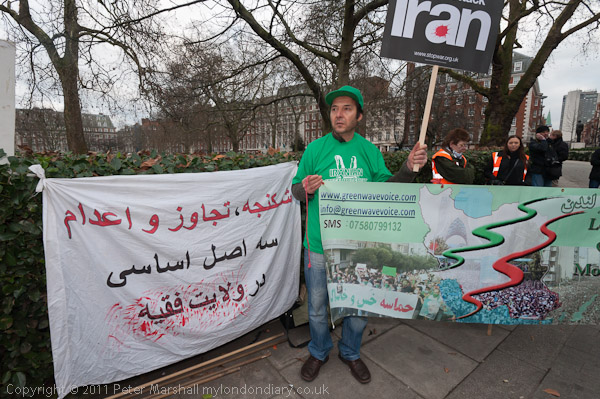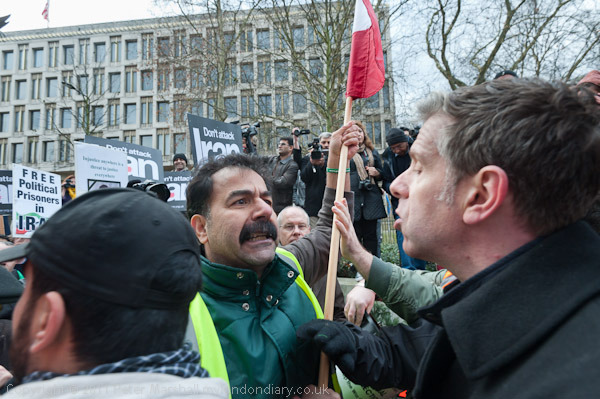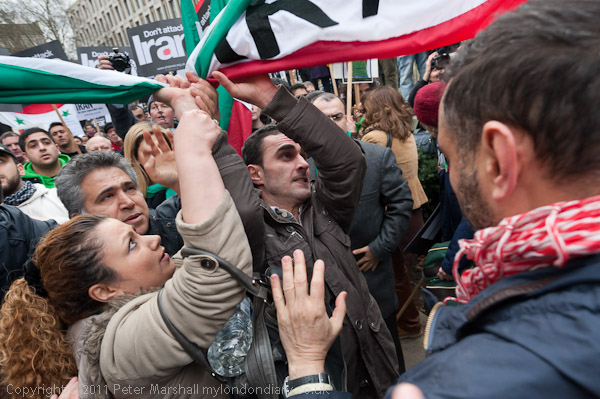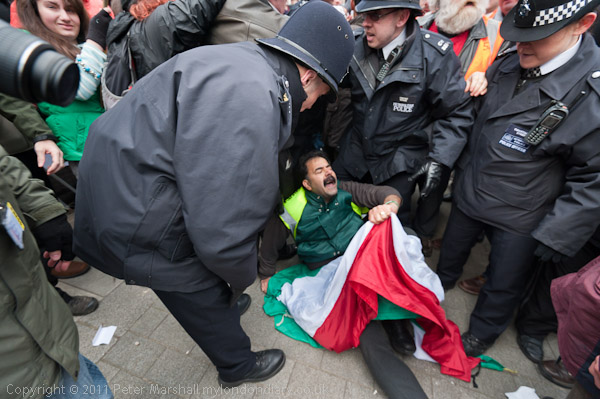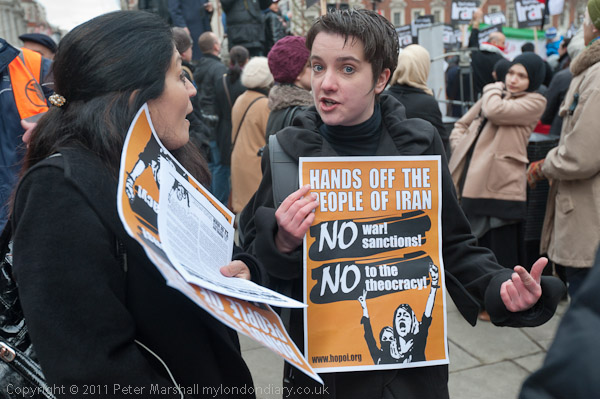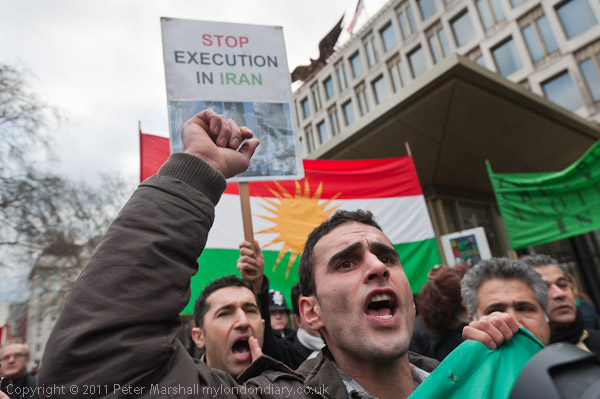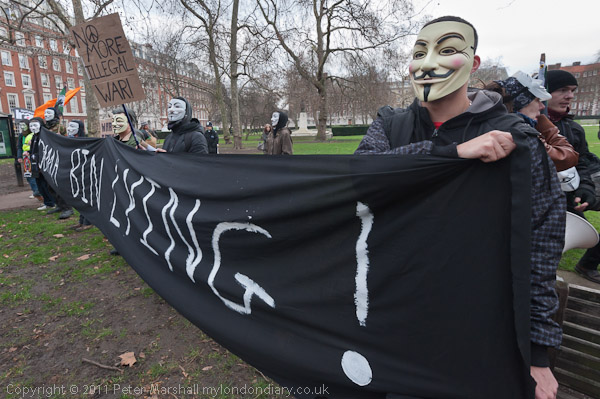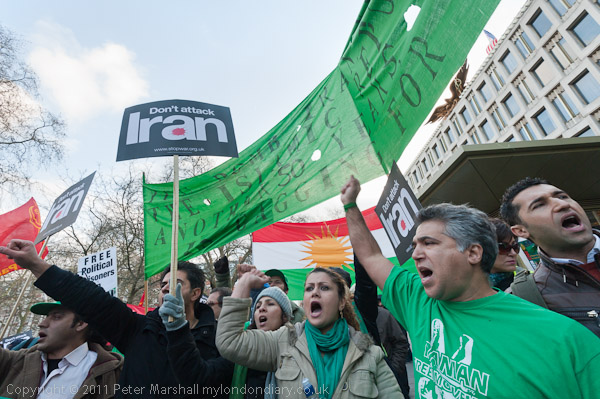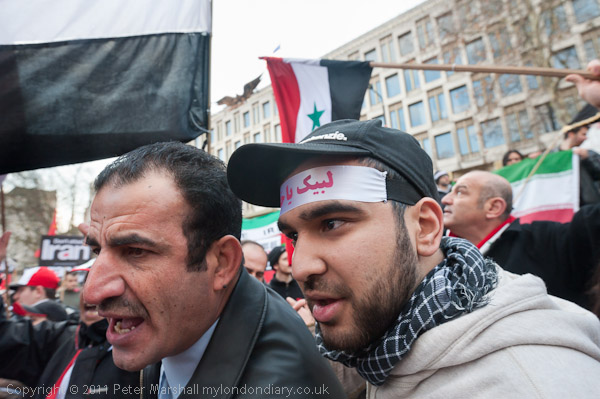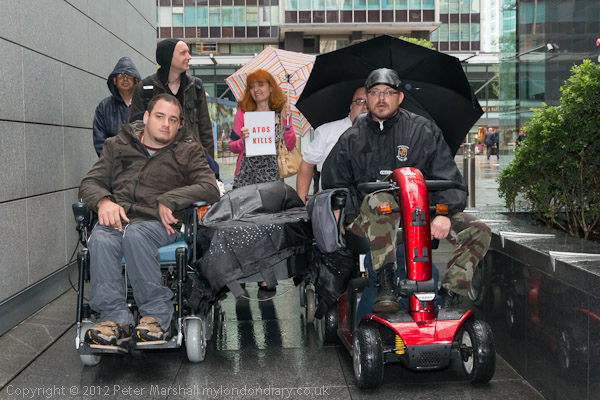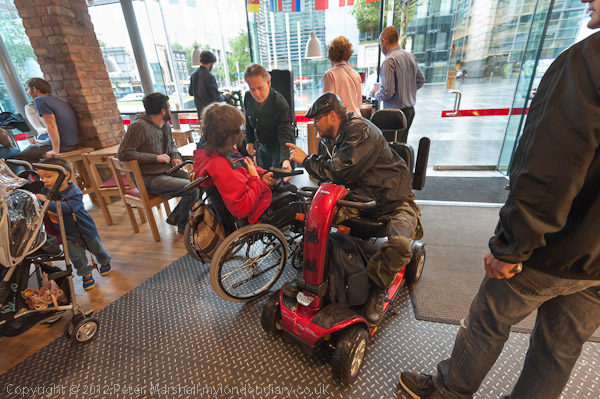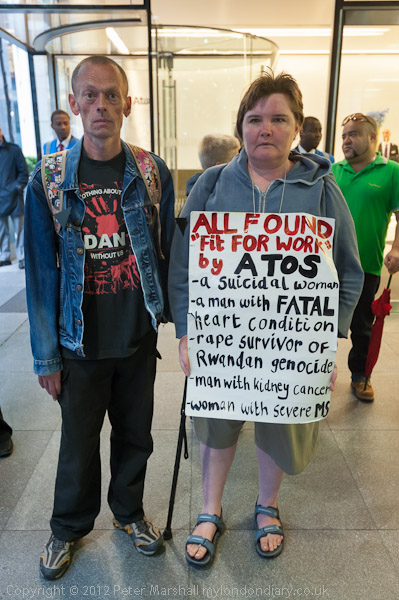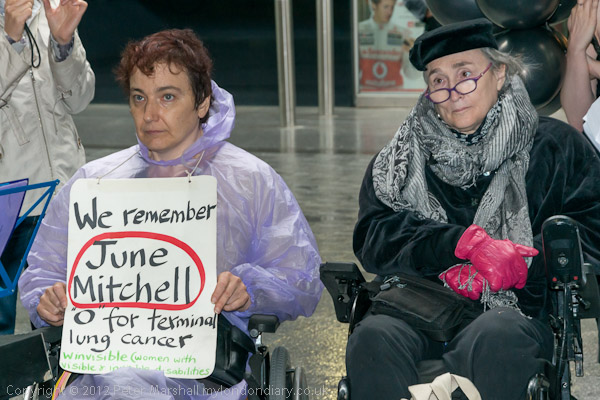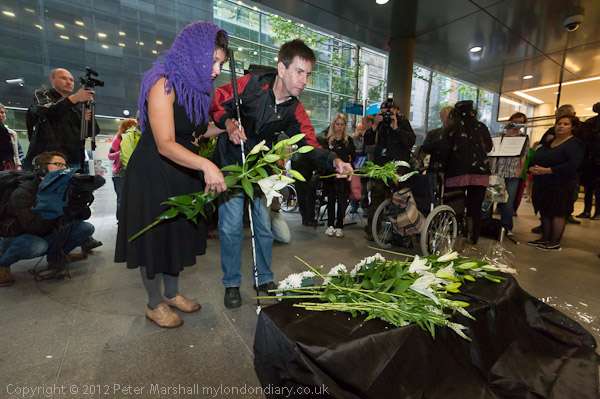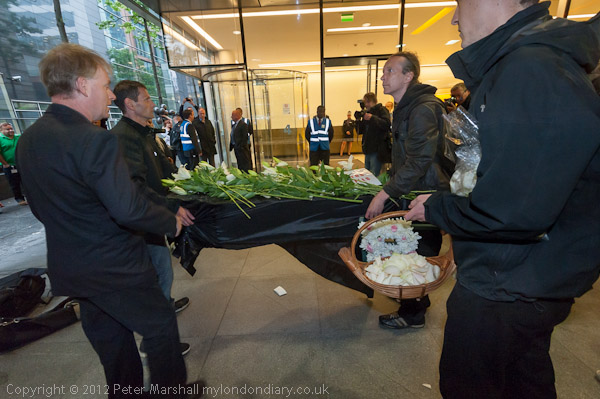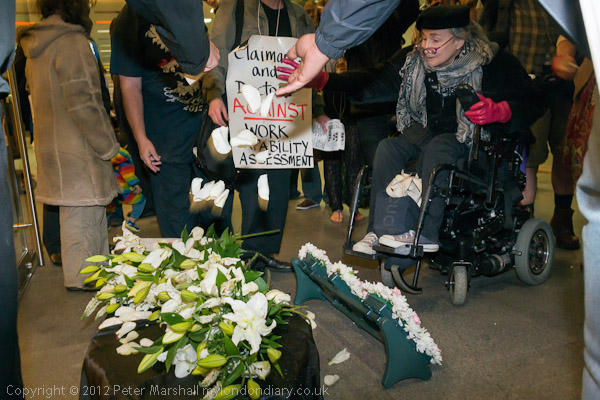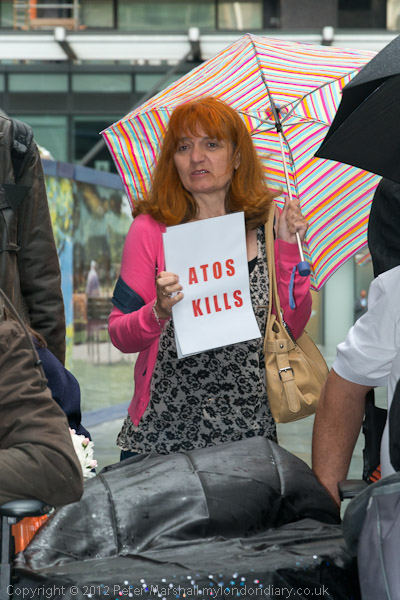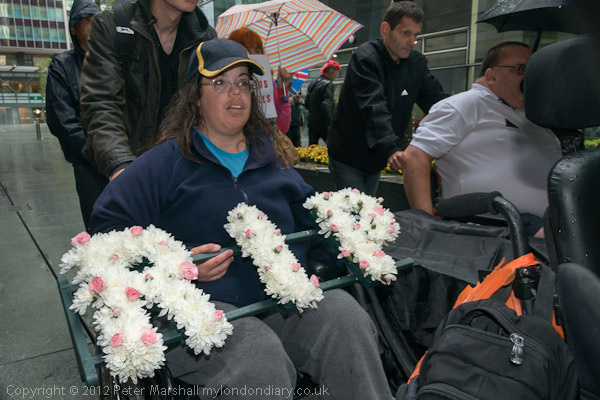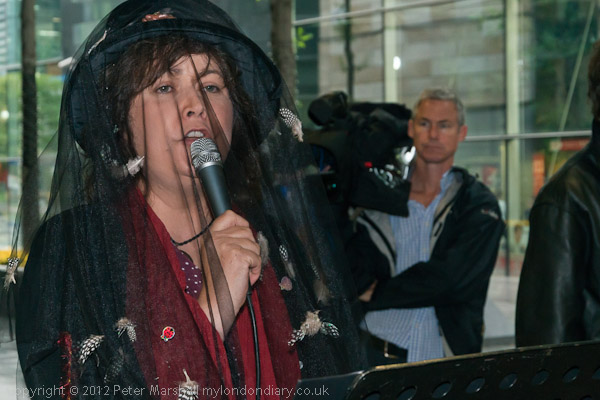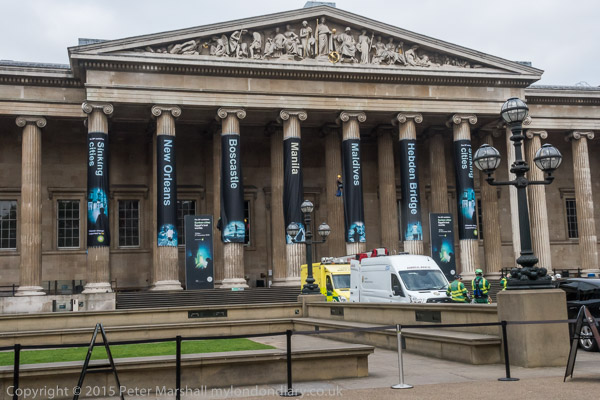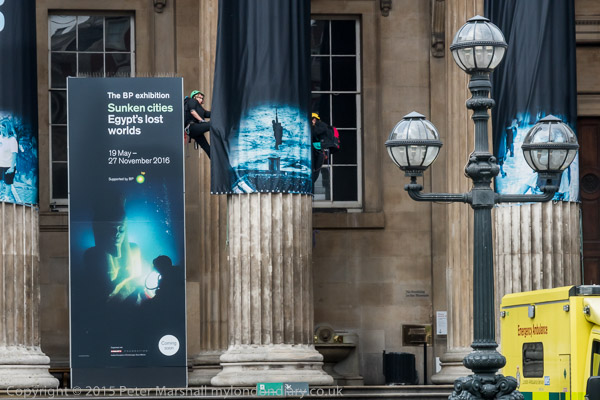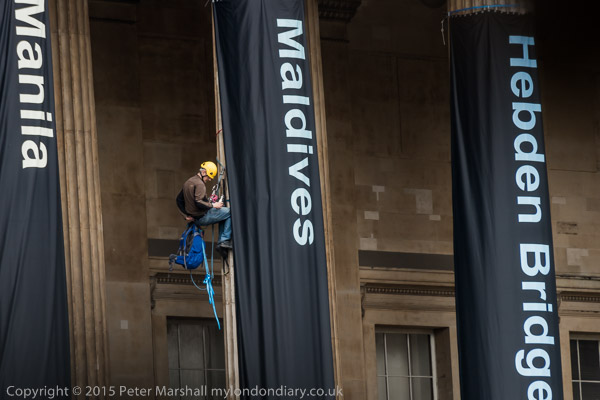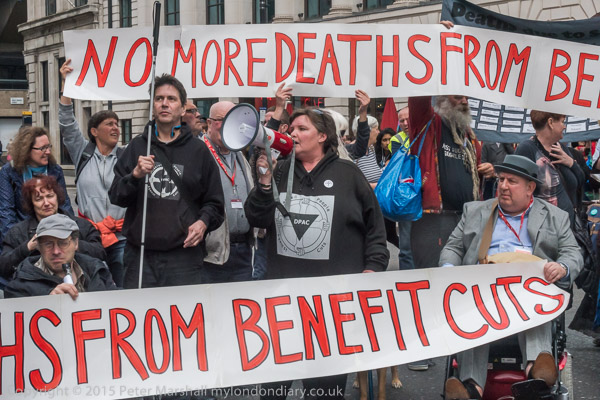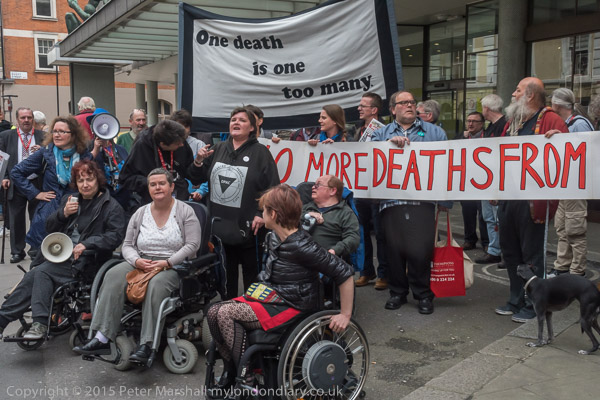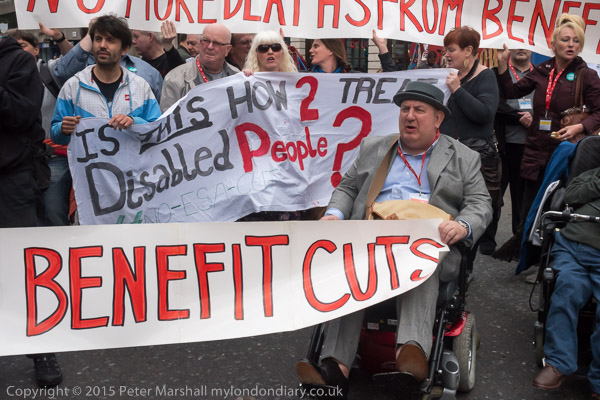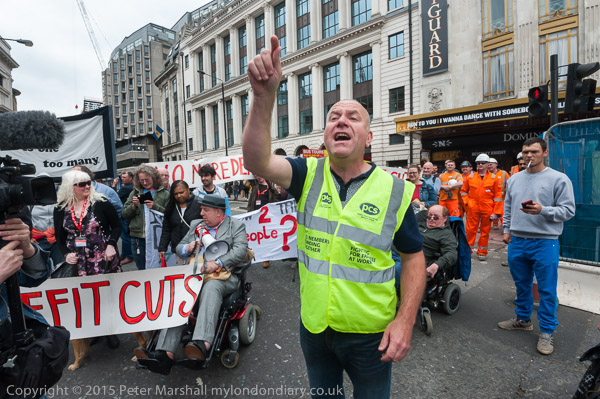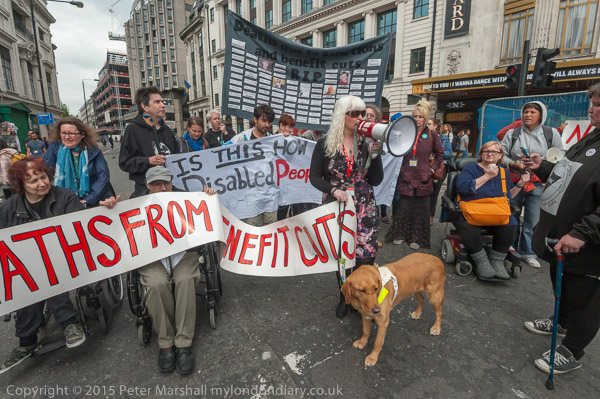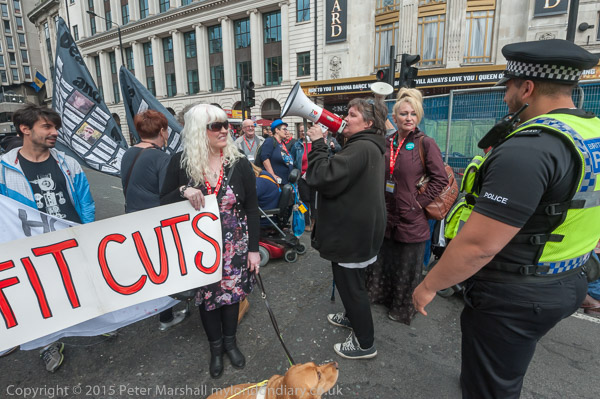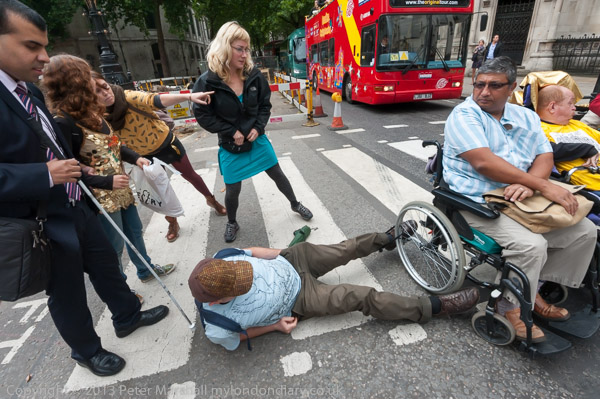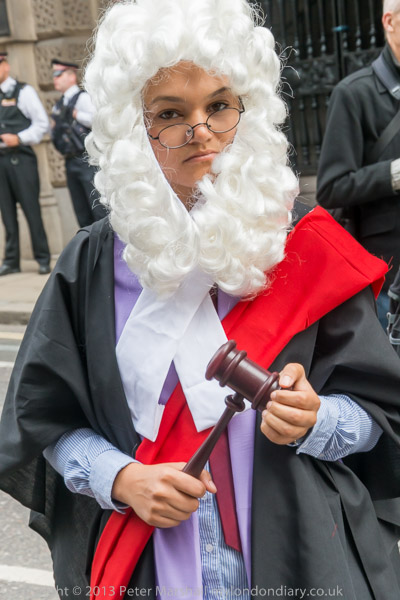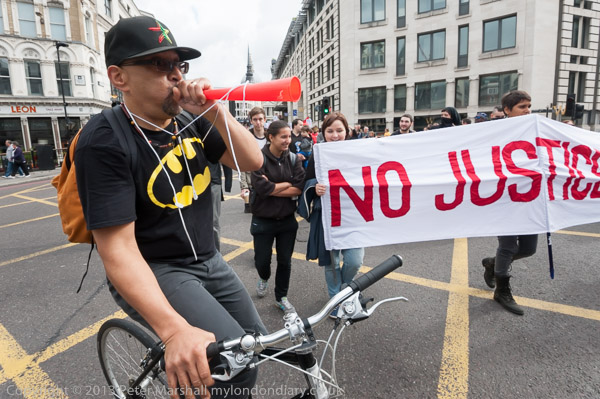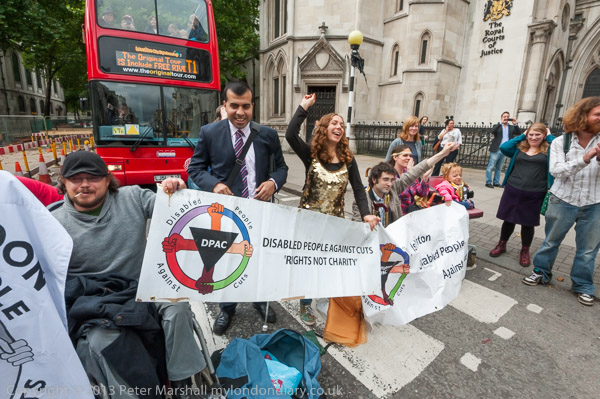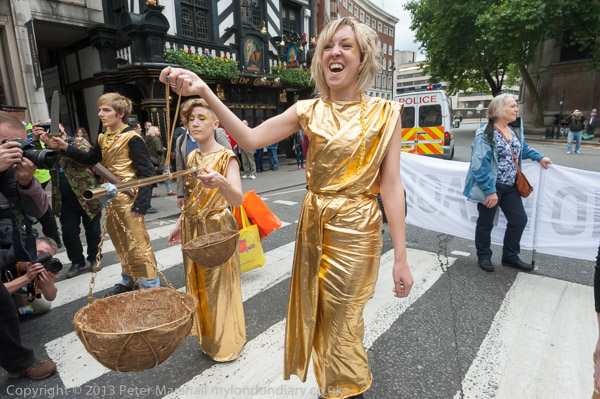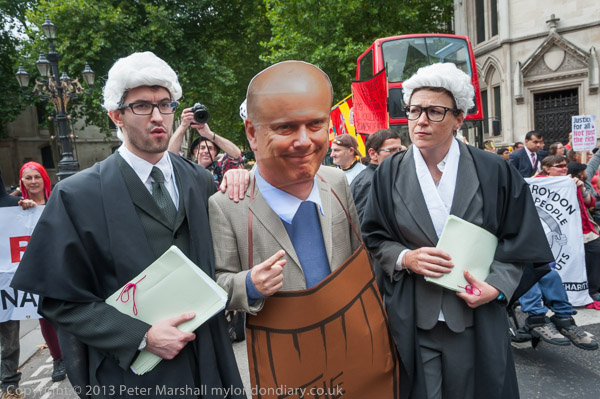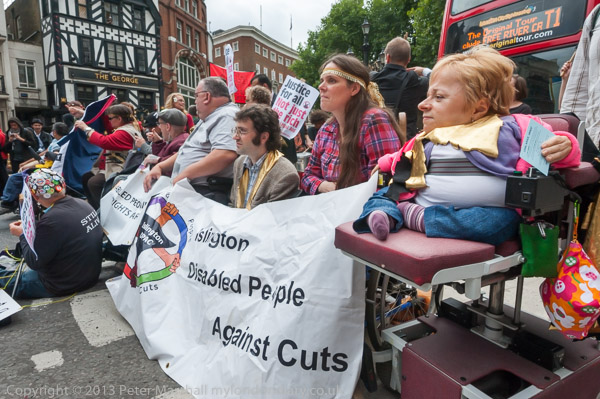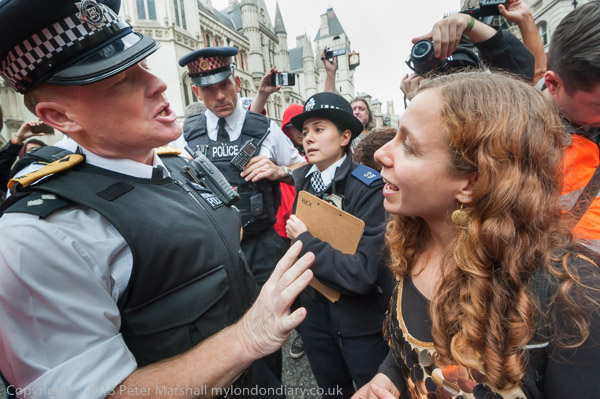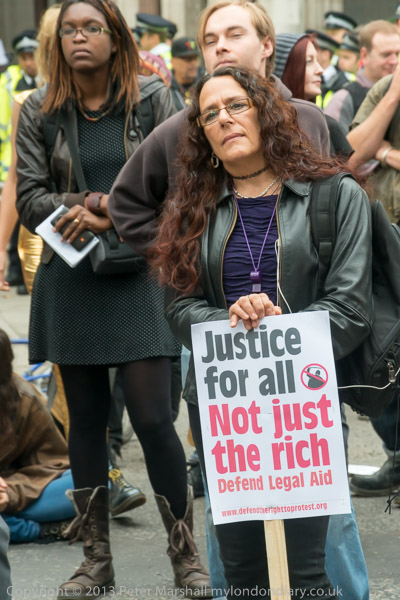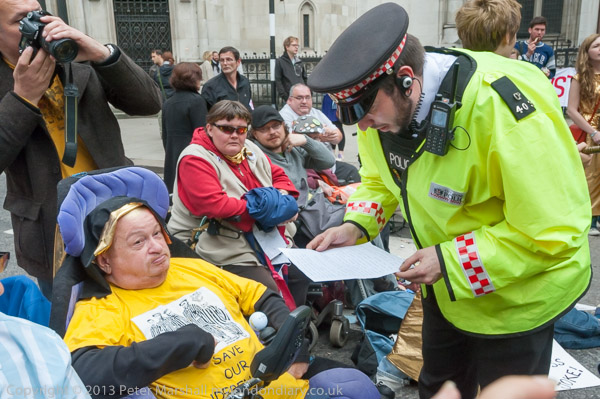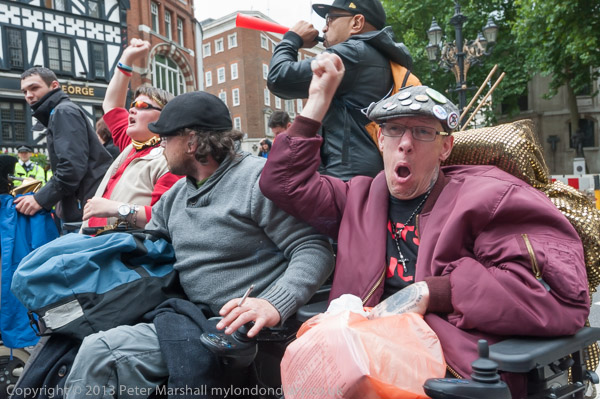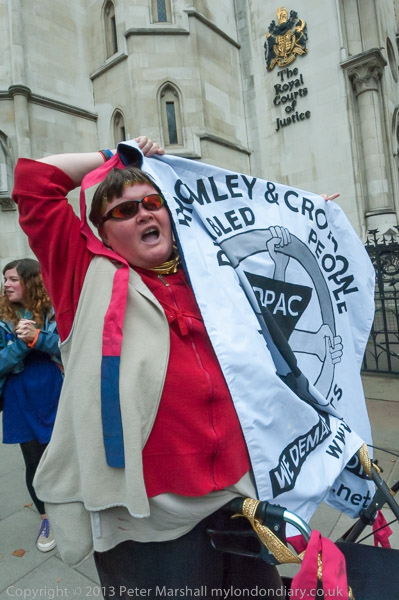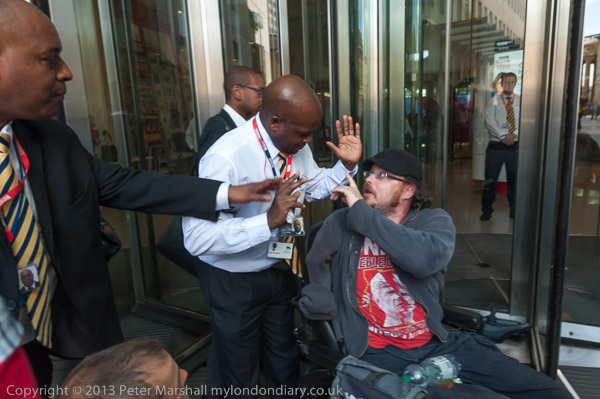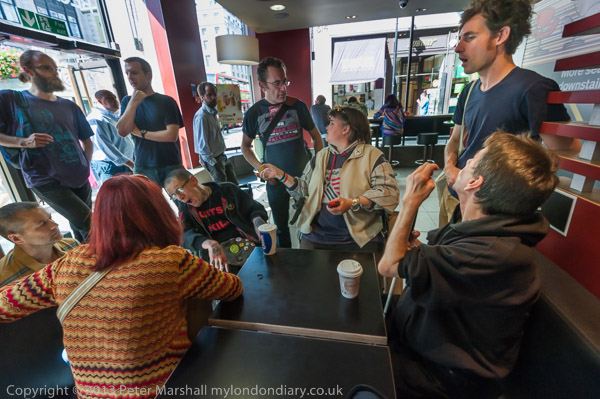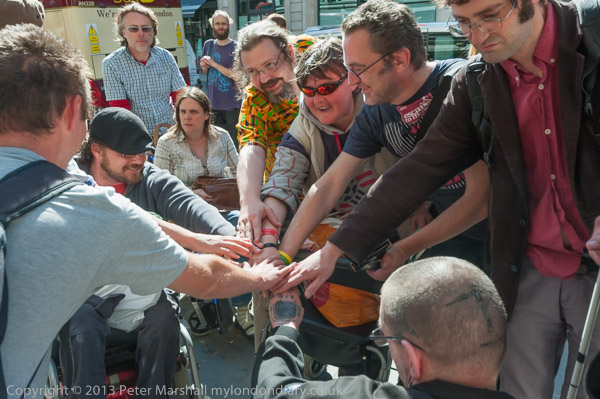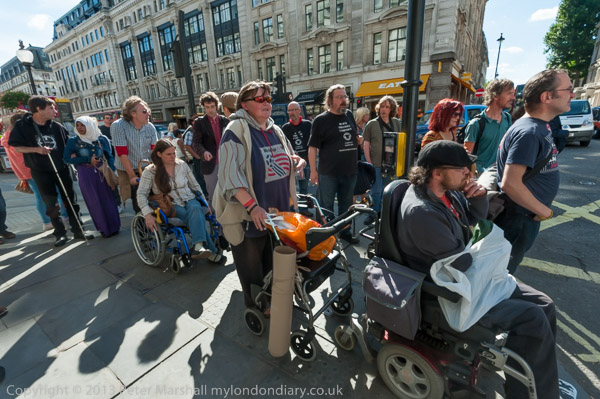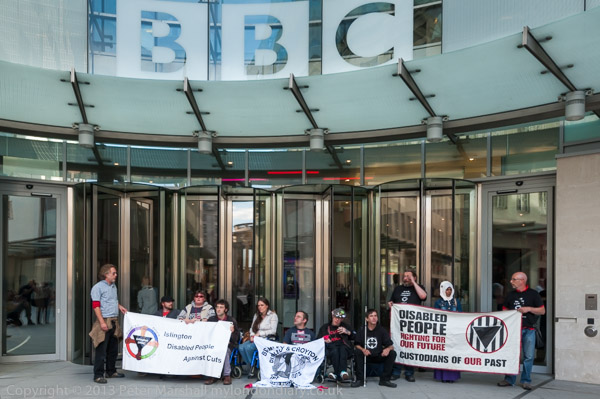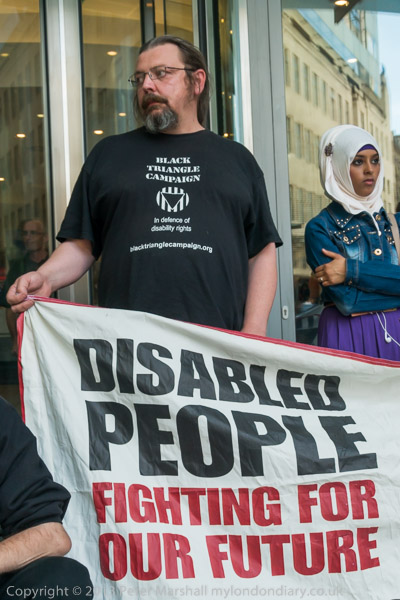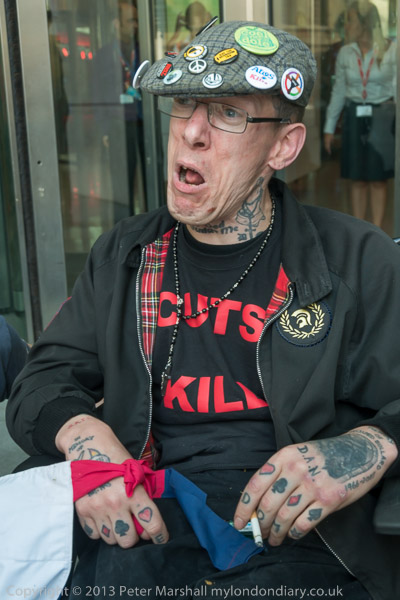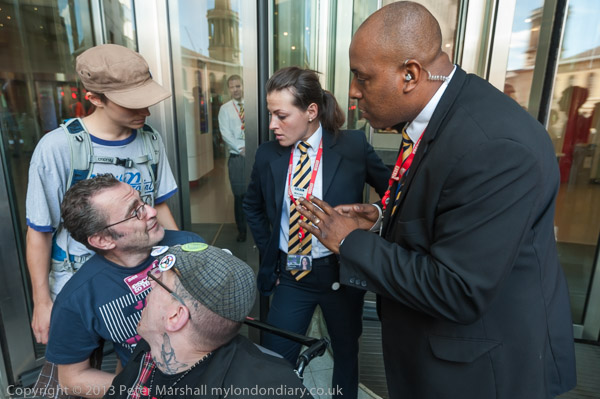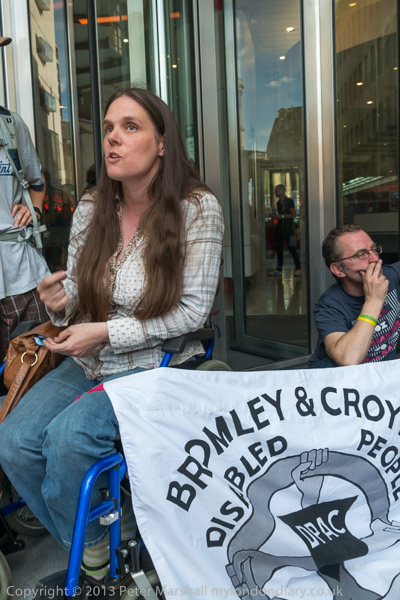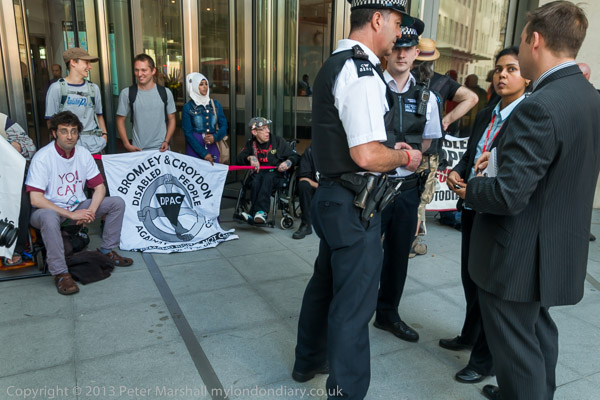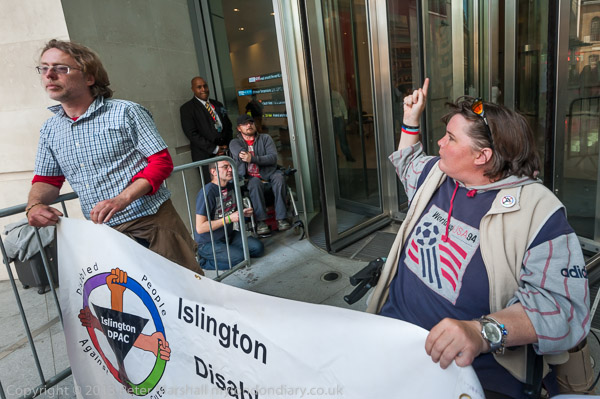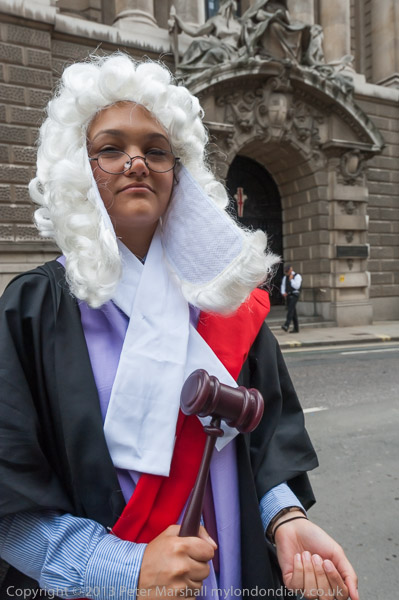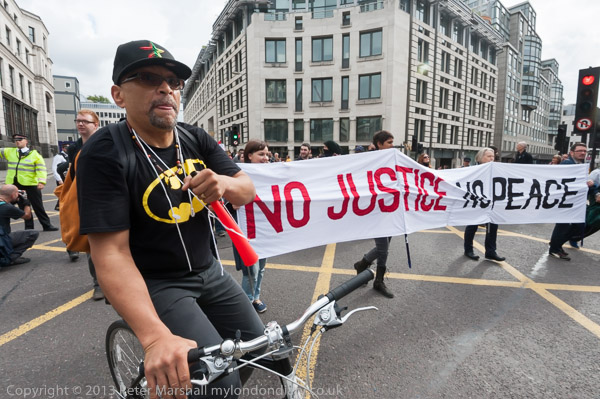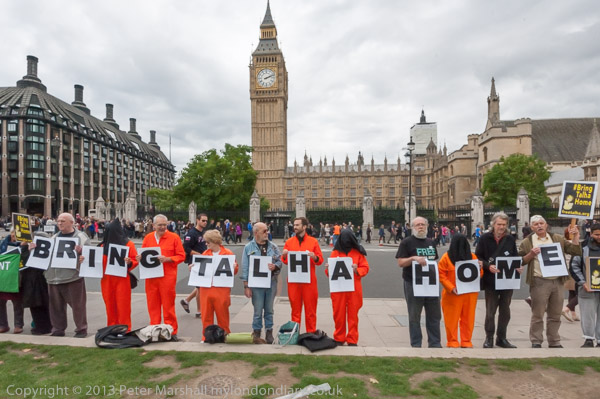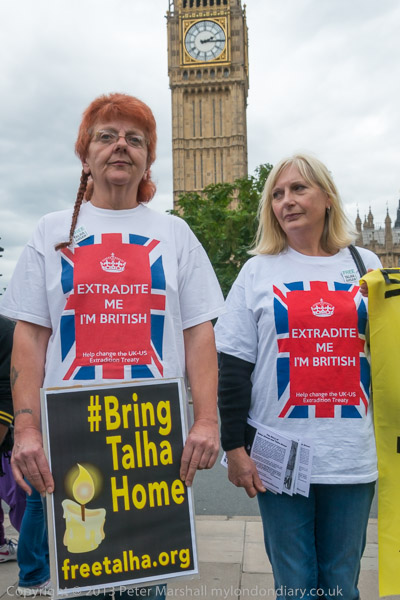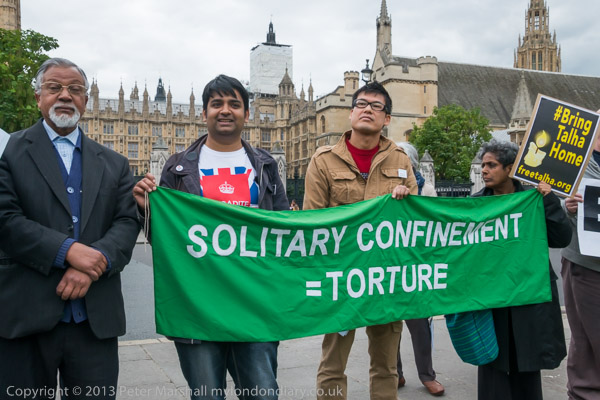DPAC 4th July Tea Party: One of the many strange questions that Americans ask on Quora (a web site I occasionally waste some time on and usually regret) is why we British don’t celebrate the 4th of July. It’s actually a rather better question than most – perhaps we should celebrate when we got rid of a nation that can produce Trump and Biden, one of whom still seems likely to be the next president when clearly neither is suitable.
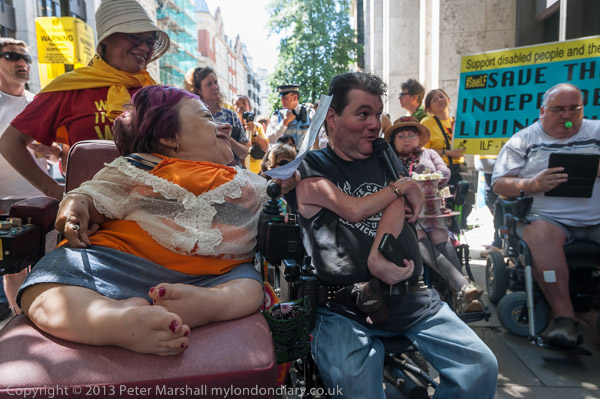
Of course, here in the UK we have our own contest today between Sunak and Starmer, neither of whom in my estimation fit to govern, and, as in the USA elected by an archaic system designed to frustrate rather than provide democracy. If you were unfortunate not to have heard the late David Graeber speaking in person about US Democracy (and haven’t read his book on the subject) you can hear him talking on video (and read a transcript) on The Lost Byway, the site on which more usually John Rogers publishes the videos of his remarkably upbeat walks around London.
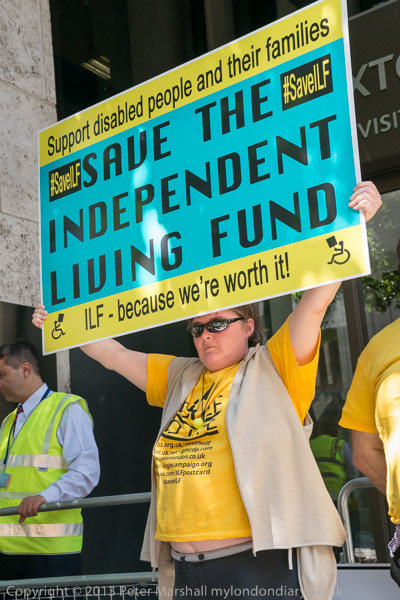
Of course I don’t believe that there are Americans dumb enough to write most of the stupid questions that are posted on Quora, which must surely employ a whole squad of AI-driven bots to generate and post them.
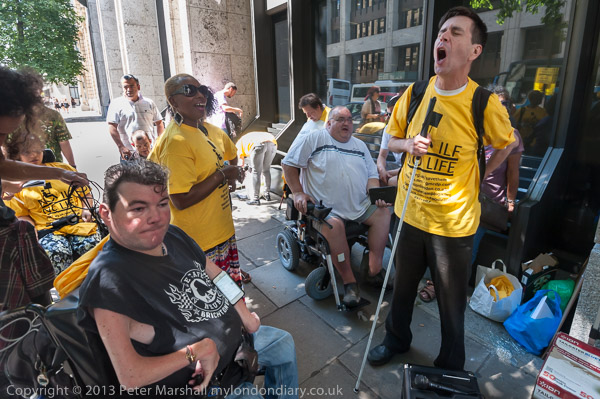
Should we need an excuse for a party in the first half of July we would of course do better to wait 10 days and celebrate with the French (also this year embroiled in election madness.) That would almost certainly be far more fun and a good excuse to drink wine, though I might draw the line at accordions. Its 58 years since I found myself in the square in front of the Mairie in a small French municipality a few mile south of Paris and I haven’t forgotten it.
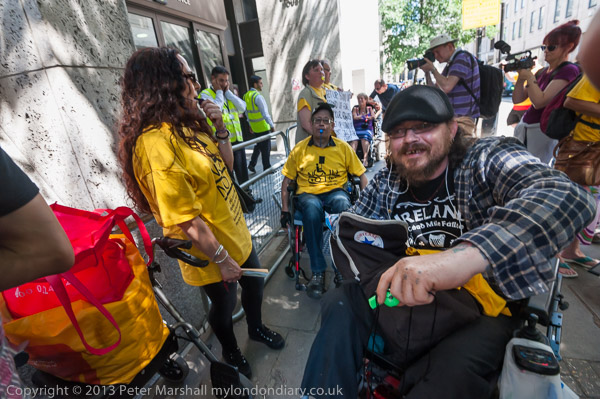
But I have photographed at protests over the years which have deliberately been timed for various reasons for US Independence Day as well as rather more that totally ignored any significance the day might have.

On Friday 4th of July 2014 Disabled People Against Cuts (DPAC) celebrated Independent Living Day with an Independent Living Tea Party at the Dept of Work & Pensions, calling for a stop to the removal of the Independent Living Fund which provides funding, education and transport that enables disabled people to live in the community.
The chose American Independence Day stating “The famous Boston teaparty led to a revolution against the British government let’s see where our teaparty leads….”

It wasn’t a huge protest but “Fifteen or so people in wheelchairs along with around as many walking but with other disabilities along with carers and supporters filled the pavement in front of the DWP in Caxton St, and at times made a considerable noise. As well as their voices and a megaphone, some had brought whistles and other musical instruments (and some less musical) to liven up the event. For those with hearing difficulties there was a BSL signer.“
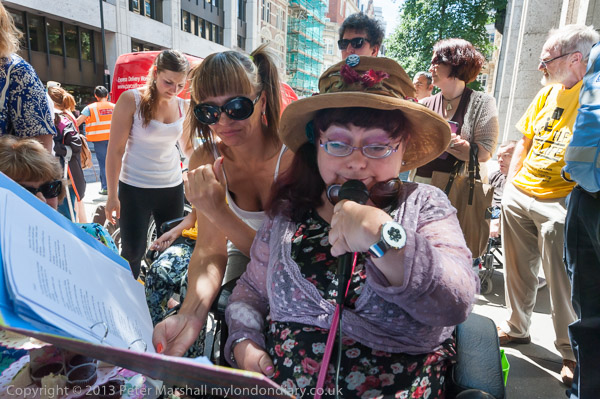
The future looked desperate for the almost 18,000 who then received support through the fund, and they were engaged in a long fight to try to prevent it being closed. In 2013 the government had lost a court case over its closure, but four months later the government had decided to go ahead and close it anyway in 2015. A fresh legal challenge failed.

Responsibility for supporting disabled people being passed to local authorities who were given funding roughly 12% less than the ILF – and this was not ring-fenced. DPAC said that given councils were having already to make massive cuts it seems unlikely that all of this will make its way to the disabled and that councils will largely be unable to find the staff to properly implement fair schemes. They point out that the ILF is a well organised and cost-effective scheme and any replacement is almost certain to be less efficient and to severely impacting the quality of life of severely disabled people.
DPAC fear that many currently usefully employed disabled people will have to give up work and will no longer be able to live independently but will have to go into residential care – at much greater cost.

Protests that are well-behaved and follow the rules seldom get coverage in the media – as last weekends massive Restore Nature Now showed – 60,000 people supported by a huge range of groups marching through London was not ‘news’ for BBC Radio 4, and there has been a huge news blackout on all the many peaceful marches calling for a ceasefire in Palestine.

So DPAC always like to end their events with a little disruptive action, usually in the form of a road block, although despite this their protests are still ignored by the mass media. Around half of those taking part decided to take part and blocked busy Victoria St by stopping their wheelchairs and holding banners on the pedestrian crossing.

Police arrived a few minutes later and tried to persuade them to move, getting a little firmer and eventually threatening protesters with the possibility of arrest for obstructing the highway.

“Before long there were around four times as many police as protesters and when it began to look as if the police might carry out their threat of arrest, the protesters who had been receiving a great deal of support from tourists and others – even including some in the traffic being held up or diverted away down Great Smith St – decided it was time to end the protest and wheeled their chairs away.”

Despite this action I don’t think the event received any publicity outside some specialist print and online media. There were a couple of celebrity weddings, another getting sentenced for indecently assaulting girls, a hurricane in the US, an underpass collapse in Brazil – and some celebrations in the USA and many other stories.
More at Independent Living Tea party.
Flickr – Facebook – My London Diary – Hull Photos – Lea Valley – Paris
London’s Industrial Heritage – London Photos
All photographs on this page are copyright © Peter Marshall.
Contact me to buy prints or licence to reproduce.
